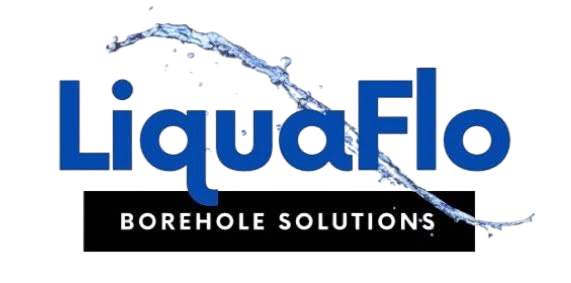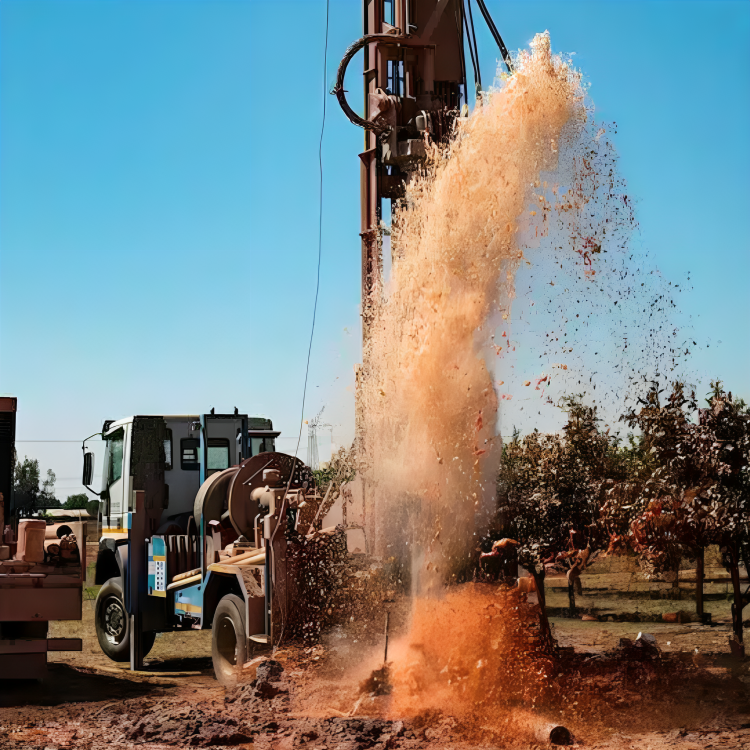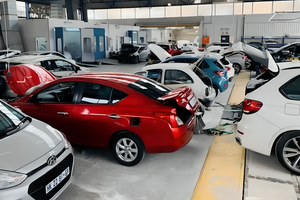A Transparent Look at Borehole Drilling Costs in Gauteng
How LiquaFlo’s tailored water solutions give Gauteng homeowners and farmers full water independence
Like many in Gauteng, the Singh family from Alberton faced unreliable municipal water supply and rising costs. After months of frustration, they decided to take back control by investing in a borehole system. What they didn't expect? A journey that not only gave them water freedom but also taught them about the real costs—and real value—of borehole installation.
LiquaFlo Borehole Solutions guided them every step of the way.

“We thought it would just be drilling a hole and putting in a pump,” Mr. Singh laughs. “But LiquaFlo explained everything: from the geo survey to the pressure systems. It was an education and an investment.”
The Real Costs of Borehole Installation in Gauteng
When it comes to installing a borehole, no two properties—or price tags—are alike. Costs in Gauteng typically range between R10,000 and R150,000, depending on your needs and the scope of your setup.
For a full borehole system with drilling (about 60m), casing, pumps, tanks, filtration, and installation, here's a rough breakdown based on the Singh project:
Borehole Drilling (60m @ R350/m): R21,000
Steel Casing (20m @ R450/m): R9,000
PVC Casing (40m @ R120/m): R4,800
Submersible Cable (75m @ R50/m): R3,750
Geo Survey: R3,000
Tank (2500L): R3,850
Borehole Pump Set: R7,000
Base Plate: R1,500
Pipes & Fittings: R4,000
Booster Pressure Pump Set: R5,000
Float Switch: R1,500
Borehole Cover: R1,200
Site Establishment, Transport & Labour: R17,000
Total: Approximately R82,600
The Singh’s opted for additional purification and off-grid filtration, which brought their total to just under R100,000. But now, they have access to clean, reliable water year-round—and a return on investment that speaks volumes.

Why Costs Vary
LiquaFlo customizes every borehole to the land, needs, and budget of the client. Here are some key cost factors:
Depth of the borehole: Water may sit at 40m in one suburb and 70m in another.
Casing materials: Steel vs PVC affects durability and cost.
Pump size & power source: Solar-powered pumps cost more initially but offer long-term savings.
Water purification requirements: Depending on the quality of groundwater, advanced filtration might be needed.
Property access and terrain: Some jobs require more setup and labor.
“We don’t believe in one-size-fits-all solutions,” says LiquaFlo’s founder. “Gauteng has diverse soil types and water depths—it’s our job to match the system to the site and not the other way around.”
The Bigger Picture: Investing in Water Freedom

Clients like the Singhs aren’t just buying a water source—they’re investing in long-term independence. With Johannesburg water rates steadily increasing and service reliability becoming more uncertain, borehole ownership is becoming the smarter choice for homes, farms, and businesses.
“We never thought we’d say this,” Mrs. Singh says with a smile, “but this borehole gave us peace of mind. That’s priceless.”




